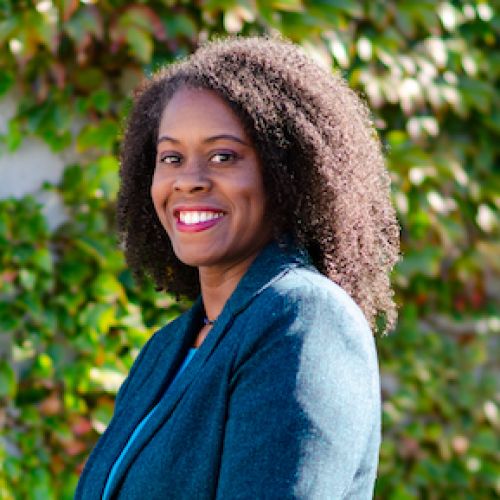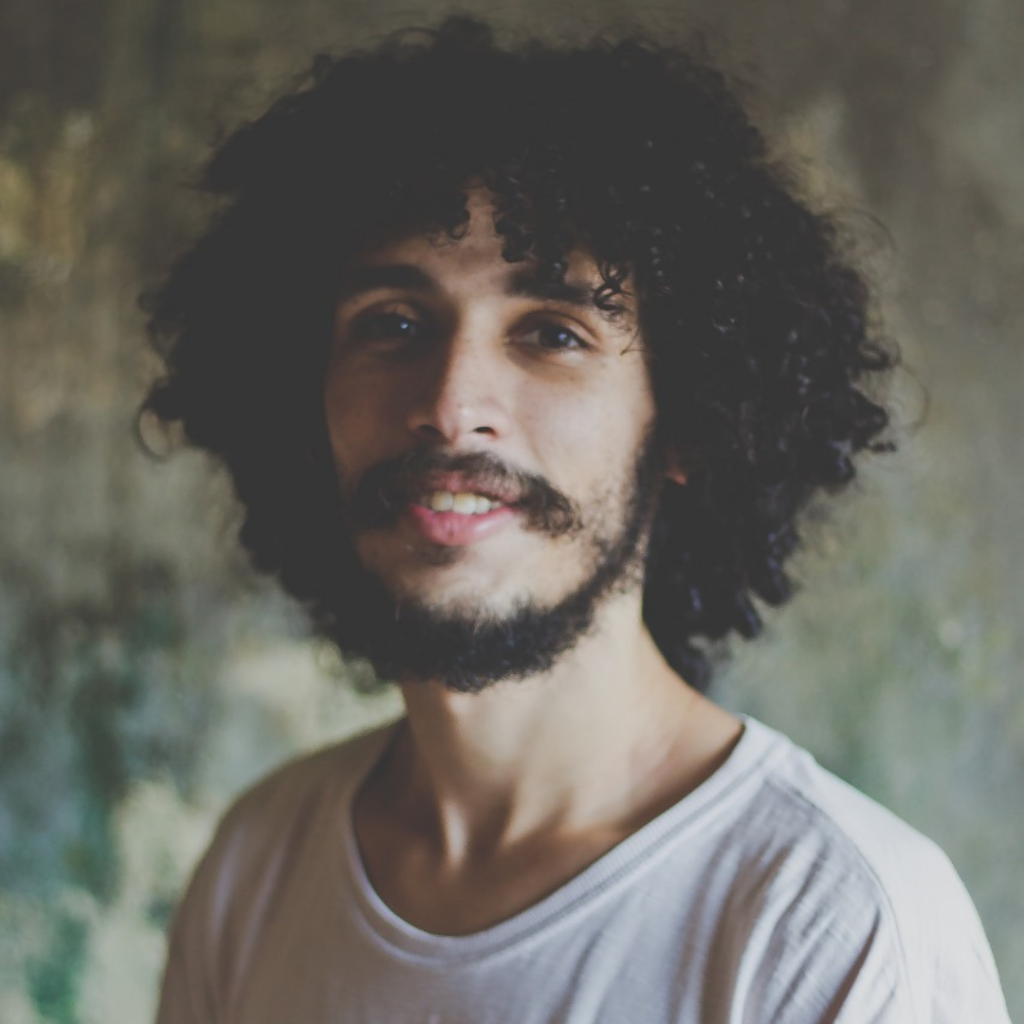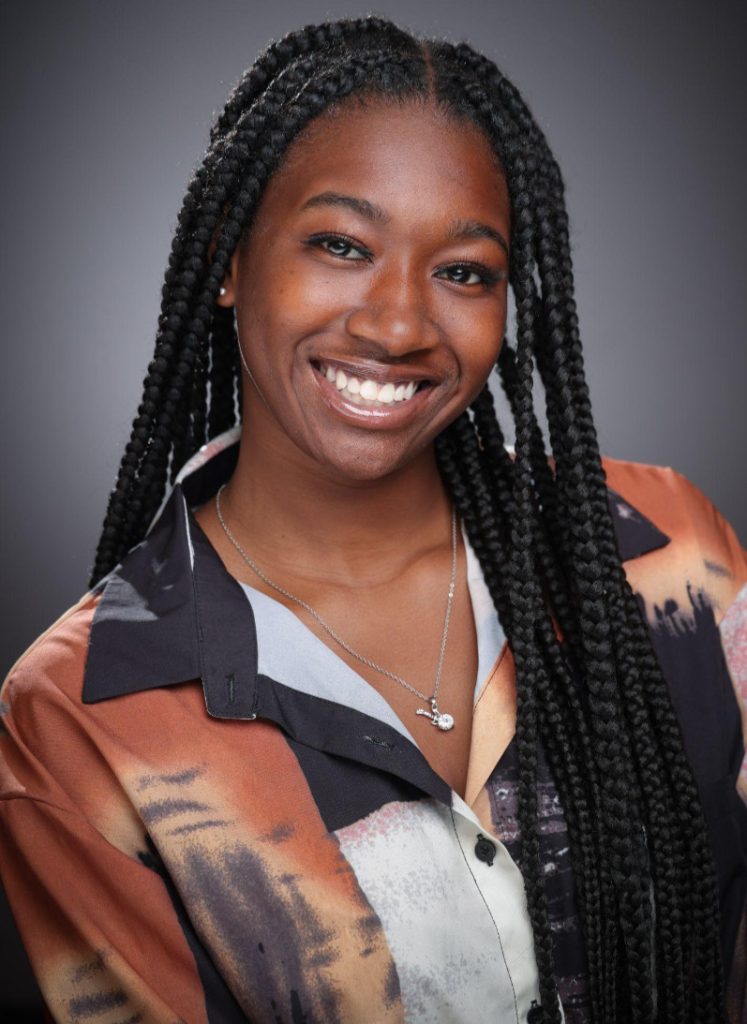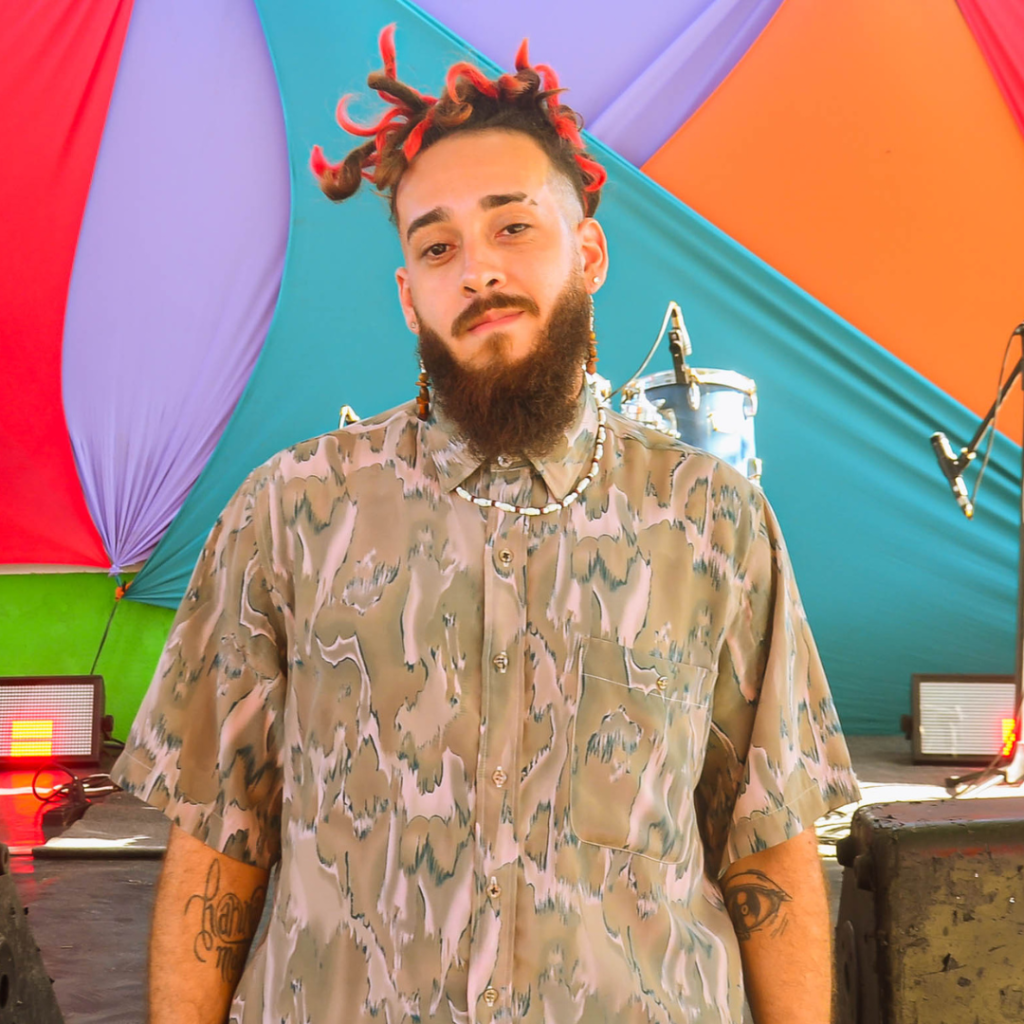
John D. French
Director, Duke Brazil Initiative
Duke University
John D. French is a professor of History and African and African-American Studies at Duke University in Durham North Carolina. With a B.A. from Amherst College, he received his doctorate at Yale in 1985 under Brazilian historian Emília Viotti da Costa. Since 1979, he has been studying labor politics, populism, and the left in Latin America and has published 42 refereed articles as well as three books: The Brazilian Workers ABC (1992/1995 in Brazil), Drowning in Laws: Labor Law and Brazilian Political Culture (2004; 2002 in Brazil), and a coedited volume The Gendered Worlds of Latin American Women Workers (1997). His new book entitled Lula and His Politics of Cunning: From Metalworker to President was published by UNC Press in October 2020 and is available in Portuguese free as a downloadable PDF here: https://fpabramo.org.br/publicacoes/estante/lula-e-a-politica-da-astucia-de-metalurgico-a-presidente-do-brasil/ Reviewed in Foreign Affairs, it was featured as one of ten “Books that explain the world” by the Guardian’s Rio correspondent Tom Phillips. To date, it has won several prizes and been the subject of five roundtables and four podcasts discussion with the author.

Gladys Mitchell-Walthour, PhD
North Carolina Central University
Gladys Mitchell-Walthour, PhD is Professor and Dan T. Blue Endowed Chair of Political Science, North Carolina Central University. Dr. Mitchell-Walthour studies racial politics in Brazil, affirmative action, and the intersection of social welfare, race, and gender. In 2024, she published the co-edited volume, “Black Lives Matter in Latin America” (Palgrave MacMillan). In 2023, she published “The Politics of Survival: The Political Opinions of Social Welfare Beneficiaries in Brazil and the USA” (Columbia University Press). She is the author of “The Politics of Blackness” (2018, Cambridge University Press). Mitchell-Walthour is the past president of the Brazilian Studies Association (2018-2020) and has been the National Co-coordinator of the US Network for Democracy in Brazil since 2019. She is a Board Member of the Washington Brazil Office. She is the recipient of numerous grants and fellowships including the Fulbright (2022). In 2014, she was the Lemann Scholar at the David Rockefeller Center for Latin American Studies at Harvard University. She holds the PhD in political science from the University of Chicago, an MPP from the University of Michigan-Ann Arbor, and a BA from Duke University.

Dudu de Morro Agudo
Instituto Enraizados, Fluminense Federal University (UFF)
Dudu de Morro Agudo is an artist, intellectual, rapper, writer, filmmaker, cultural producer, researcher and art educator. Founder and Executive Director of the Enraizados Institute, he has played an important role in promoting popular culture and education. He coordinates the Enraizados Popular Course, an initiative that promotes critical and civic education. Dudu has a master’s degree and a doctorate in Education from the Fluminense Federal University (UFF), in addition to being part of the Youth, Childhood and Daily Life (JICs) research group. His doctoral research addresses RapLab, an activity that provokes the production of networked knowledge based on rap, under the dimension of political formation.

Kisha N. Daniels
Duke University
Kisha N. Daniels has worked extensively in the areas of teaching and learning with children, public school teachers, administrators, and university students for over 25 years. She holds a BA in elementary education, master’s degrees in school counseling and administration, a specialist certification in curriculum and instruction, and a doctoral degree in educational leadership from the University of North Carolina at Chapel Hill. As a teacher and administrator in large, urban school districts, she has devoted her work to utilizing and researching engaging curriculum that supports diverse learning styles.
Kisha currently teaches Service-Learning courses in the Program in Education and the African and African-American Studies department at Duke University, where she also advises undergraduates and is the Program Director of DukeEngage Chicago. Notably, she is actively involved with building and sustaining community partnerships in an effort to extend the scholarship of teaching through service learning. This has guided her path to focus on teacher quality, collaborative teaching and community engagement, to which she is credited with published books, journal articles, a university Teaching Excellence and international research awards. Her most recent publication is Creating Caring and Supportive Educational Environments for Meaningful Learning.

Courtney Crumpler
Duke University
Courtney Crumpler is a researcher, organizer, translator, and movement artist working between Brazil and the United States. A co-director of the Activism, Culture, and Education for Citizenship in Brazil and the U.S. project, she has also served as the graduate coordinator of the Duke Brazil Initiative and the Black Lives Matter Brazil-USA exhibit. Courtney has received research support from the Duke Center for Latin American Studies, the Duke Brazil Initiative, a Foreign Language and Area Studies Fellowship, the Kenan Institute for Ethics and the Duke Office of Durham and Community Affairs. She is PhD candidate in Duke’s Department of Romance Studies and holds an MFA in Dance from Duke and an AB in Anthropology from Princeton.

Alexandre Fortes
Federal Rural University of Rio de Janeiro
Alexandre Fortes (PhD, History, Unicamp) is a full professor of Contemporary History at the Federal Rural University of Rio de Janeiro. He completed a Post-doctorate at the University of São Paulo (2002-2004) and at the Federal University of Rio de Janeiro (2005), then served as visiting professor at Duke University (2011-2012). He coordinated the “Worlds of Work” (Mundos do Trabalho) Working Group for the Brazilian National History Association (ANPUH) in 2003-2004 and served as editor of Revista Brasileira de História journal from 2013-2015. He is the author of a book about the Porto Alegre working class during the Vargas era entitled Nós do Quarto Distrito (Garamond-EDUCS, 2004) and several articles and chapters on the history of work in Brazil. Together with Paulo Fontes and David Mayer, he organized a special issue on “Brazilian Labor History: New Perspectives in Global Context” for the International Review of Social History (2017). His new book, The Second World War and the Rise of Mass Nationalism in Brazil: Class, Race, and Citizenship, will be released in August 2024 by Palgrave Macmillan.

Alvaro Pereira do Nascimento
Federal Rural University of Rio de Janeiro
Alvaro Pereira do Nascimento is a full professor of History of Brazil on the UFRRJ (Rural Federal University of Rio de Janeiro). He focuses on the post-emancipation Americas with a specialization in Brazil. He has authored two award-winning on the revolt of whip in 1910 by Black sailors in Brazil in 1910 as well as other aticles on Black history in Brazil since the 19th century . He is currently engaged in research on the teaching of history in the public schools and works in Public History more broadly.

Aclor
Instituto Enraizados
Aclor é uma fotógrafa, cantora, apresentadora, poetisa e produtora cultural de 20 anos de idade. Ela ingressou no Instituto Enraizados há três anos, participando do Curso Popular Enraizados. Na instituição, formou-se no Curso Prático de Produção de Eventos Culturais (CPPEC) e no curso de audiovisual.
Desde então, Aclor tem se destacado como produtora e apresentadora da Batalha de Morreba. Atualmente, é uma das produtoras do Sarau Poetas Compulsivos e fotógrafa oficial do Instituto Enraizados. Moradora de Morro Agudo, Aclor encontra na Baixada Fluminense uma fonte constante de inspiração. Ela eterniza a beleza das paisagens urbanas, das pessoas e das culturas locais através de suas fotografias, músicas e poesias.

Julian Alvarez
Duke University
Julian Alvarez is a PhD candidate in the Department of History at Duke University. Originally from Mansfield, Massachusetts, his research focuses on 20th century Brazil, and he is currently working on a project about the impact of industrial-scale soy cultivation on the politics and culture of central-western Brazil’s cerrado. He grew up listening to US hip-hop and he’s excited to collaborate with Instituto Enraizados to deepen his understanding of Brazilian rap culture while contributing to and learning from their pedagogical project.

Gustavo Baltar
Rapper and producer
Gustavo Baltar é um artista extremamente talentoso, atuando como rapper, MC de batalha de rimas, beatmaker, produtor musical, arte-educador, designer e produtor cultural. Formado pelo Curso Prático de Produção de Eventos Culturais (CPPEC), ele se destaca como arte-educador no Instituto Enraizados, ministrando oficinas do projeto RapLab. Gustavo é vocalista da banda Marginal Groove e designer oficial do Instituto, criando a identidade visual de seus projetos. No cinema, desenvolveu trilhas sonoras para os filmes “Bel Letras” e “Carpideiras do Rio”, dirigidos por Josy Antunes. Além disso, é um dos produtores da Batalha de Morreba, um importante evento cultural em Morro Agudo e na Baixada Fluminense.

Fatoumata Binta Balde
North Carolina Central University
My name is Fatoumata Binta Balde, I am a recent graduate of the illustrious North Carolina Central University where I majored in Political Science with a minor in Women and Gender Studies. My academic interests includes analytic research, public policy, civil engagement, & community based work.

Rhayssa Braz
Duke Kunshan University
I am Rhayssa Braz, a rising junior at Duke Kunshan University, proud Brazilian and aspiring social entrepreuner!
I currently study at Duke’s Chinese campus, but I’m looking for a connection of all the knowledge and experiences I value in my life, and nothing better than collaborating with a project like “Activism, Culture and Education for Citizenship in Brazil and the U.S.” to connect the countries present in my life: Brazil, US and China!
I was a public-school kid from Baixada Santista, and I love education immensely! I hope to collaborate both behind the scenes in research and in field work in contact with those who matter, our young people and citizens who seek change in their lives and in their communities.

Ronni Butts
North Carolina Central University
Ronni Butts is a Cheatham-White Scholar at North Carolina Central University from Charlotte, North Carolina. A member of the class of 2027, she is majoring in Political Science with a concentration in Civic Engagement and Public Policy and a sub concentration in Global Politics. She looks forward to collaborating with the Duke Bass Connections Program and being exposed to a new cultural and linguistic environment that will challenge and help her grow as a student!

Higor Cabral
Audiovisual producer and art educator
Higor Cabral is an audiovisual producer and art educator from Baixada Fluminense, Rio de Janeiro. He began his career teaching English at the age of 19 and, despite never having studied abroad, he continues to practice his fluency whenever possible. He has participated in recordings of artists and international events such as The Oil and Gas Year (2014). He is currently studying cultural production at IFRJ Nilópolis and intends to pursue an academic career with his research on Hip Hop, music videos, belonging, and territory. He has been part of the Enraizados Institute since 2013, working on various documentaries, recordings of musical performances and poetry slams, as well as photography and music video production workshops.

Lisa Castro
Rap Artist
Lisa Castro é estudante de pedagogia e militante da cultura Hip Hop, dedicada à luta pelos direitos dos negros e das mulheres. Nascida na Baixada Fluminense, Lisa é uma artista multifacetada: MC, rapper, poetisa, contista, slammer, compositora, escritora, beatmaker, articuladora cultural e produtora. Além disso, ela apresenta o Sarau Poetas Compulsivos, um evento do Instituto Enraizados, organização da qual faz parte há cerca de 20 anos. Em 2014, Lisa lançou seu primeiro disco solo, intitulado “O Sorriso de ManaLisa”. Em 2019, lançou seu segundo disco, “Em Negrito”, ambos disponíveis no YouTube. Atualmente, Lisa está finalizando seu primeiro livro, intitulado “SOPRO”.

Yuri De Melo Costa
Duke University
Yuri De Melo Costa is originally from Juiz de Fora, Minas Gerais, Brazil, where he was born and raised. When he was about six years old, he went to live in an orphanage called SOS Children’s Village in Juiz de Fora. Later, he moved to live with two different foster families until he was 18. During his life, Yuri was the first in his family and community to achieve and occupy various positions. However, he couldn’t and wouldn’t settle for being the only one. Nowadays, he is a student at Duke University, majoring in Economics & Public Policy Studies. Through education, Yuri aims to find fulfillment. He is deeply motivated to address the social challenges that have impacted him, from addressing high school dropouts in Brazil—he was the first member of his family to graduate from high school—to fighting inequality in Higher Education due to the gaps in the Brazilian Affirmative Action. At Duke, he is involved with social impact activities such as the Duke Durham Office of Community Affairs, Karsh Financial Aid Student Advisory Board, and researching the Brazilian adoption system—looking for the best way to improve it by having the minors’ well-being as a cornerstone. By pursuing Economics & Public Policy, Yuri strongly believes that the academic and work experience will help him develop humanistic and pragmatic skills, enabling him to implement effective evidence-based policies in the Brazilian Adoption and Foster Care System.

Jônatan Coutinho da Silva de Oliveira
Federal University of Rio de Janeiro
Jônatan Coutinho da Silva de Oliveira has a degree (bachelor’s and full degree) in History from the Federal University of Rio de Janeiro (UFRJ), a specialist in Brazilian History from IUPERJ/UCAM, a Master’s degree in Social History from the Postgraduate Program in Social History at UFRJ and is pursuing a doctorate in the same program. History teacher in basic education at the State Department of Education of Rio de Janeiro and also works in teacher training as a preceptor for the Pedagogical Residency Program/CAPES, receiving students from the History course at UFRRJ. He has experience in the area of History and International Relations. Collaboration with the Activism, Culture and Education for Citizenchip in Brazil and the U.S. project takes place within the scope of the development of various pedagogical activities in public schools in the municipality of Nova Iguaçu.

Rafael De Moura
Duke University
Raf is a senior at Duke, majoring in History and Literature. Their roots span Portugal and Angola, though they were born and raised in South London, where they pursued community-organizing alongside their studies. Subsequently, they have a vested interest in histories both pre- and post-colonial, focusing on semiotics and the relationship between race, gender and political conflict. Raf’s involvement in our Bass Connections project has emboldened both their academic curiosities and personal convictions: not only working against structural inequalities, but also towards more communal, creative forms of knowledge production. They are particularly excited about working in the Baixada Fluminense, and reckoning with social mobility in a Lusophone context. Outside their studies, Raf is a keen poet, writer and media-consumer, ever-critical in their search for beautiful and fascinating stories.

Caroline Alves Dos Santos
Federal University of Rio de Janeiro
Graduanda do curso de História da UFRRJ e bolsista de Iniciação Científica. Atualmente está participando do desenvolvimento de um projeto de Ensino de História, que visa pesquisar novas metodologias de ensino de História para a educação básica e para as universidades, de forma a construir uma nova relação de ensino-aprendizagem para discentes, docentes e futuros docentes. Atualmente, o projeto tem sido desenvolvido nas escolas Colégio Estadual Jardim Alvorada e CIEP 117 Carlos Drummond de Andrade Intercultural Brasil – Estados Unidos, duas escolas com alunos de perfis muito diferentes, realidades sociais muito diferentes e que dispõem de recursos e oportunidades muito diferentes. Seus principais interesses são a construção de uma educação capaz de conscientizar os indivíduos a respeito de sua própria identidade social e de transformar a realidade dos segmentos menos favorecidos da sociedade e da sociedade como um todo. Além disso, a construção de uma historiografia da Baixada Fluminense capaz de trazer visibilidade para as riquezas culturais e históricas da região e contribuir a longo prazo para a resolução de alguns de seus problemas sociais, construindo um espaço de diálogo, ciência, sociabilidade e compromisso social na comunidade.

Akshay Gokul
Duke University
Akshay Gokul is a junior from Central Jersey studying public policy and economics. He is energized to use his artistry, particularly through filmmaking and theater, as a means of prompting communal transformation and advancing racial justice. Currently, Akshay serves as the Diversity, Equity, and Inclusion Chair of Duke Student Government, Executive Producer of Carolina Week (a student-run news show at UNC Chapel Hill), and Communications Assistant at the Sanford School of Public Policy. Moreover, Akshay has been passionate in exploring ethical community engagement and leadership through participating in SOL (Service Opportunities in Leadership) within the Hart Leadership Program and Duke Engage Chicago: Connecting Hip-Hop to community activism.

Cedra Goodrum
North Carolina State University
Cedra Natasha Goodrum was born in Asheville North Carolina and is Jamaican. She is a strong advocate for Mental Health Awareness, education and the high infant mortality rate for Black Women. She loves to travel and went to Brazil in the baixada working with Enraizados and DUDU. A college graduate of North Carolina Central University, B.S of Psychology. Going on to complete her Master’s in Clinical Mental Health Counseling in G.A. As she expands her thinking, she try’s to extend her help to anyone in need. A future innovater, educator, Psychologist and pioneer.

Zaria Hanchell
North Carolina Central University
Zaria Hanchell is a Senior Political Science Major with a Concentration in Theory and Pre-Law at North Carolina Central University (NCCU). Zaria is from Winston-Salem, North Carolina, and she graduated high school at the age of fifteen. At the age of 18, she will graduate from NCCU with her B.A. as a part of the class of 2025, after which she plans to embark on law school. She is also active in the arts, as she paints, sings, and has been classically trained in piano for over a decade.

Rebecca Khoury
UNC-Chapel Hill
Rebecca Khoury is a Sophomore from Washington, DC attending the University of North Carolina – Chapel Hill. She is majoring in economics and global studies with a concentration on Latin American political economy. Rebecca is particularly interested in the complex history of U.S. / Latin American foreign relations, and she is excited to learn more about this subject as it pertains to Brazilian politics and pedagogy. She hopes to deepen her understanding of the language and culture of the Baixada Fluminense through this incredible partnership.

Travis Knoll
Independent Scholar
Travis Knoll received his PhD in history with a focus on Latin America from Duke University in 2022. Afterward, he taught history at the University of North Carolina-Charlotte and Wingate University before becoming an independent scholar and co-founding partner at Commonweal Advisors, a sustainable project finance and services firm. His book examining the role of Brazilian Black Catholic activists in the formation of nationwide higher education expansion and affirmative action policies is under contract with University of New Mexico Press. Travis Knoll was the co-director and project manager of the 2023 Data+ and 2017-2018 Cost of Opportunity teams. Using ethnographic and quantitative methods, both investigated social mobility and access to higher education in Brazil.

Lucas Lopes
Duke University
Lucas Lopes is a PhD candidate in the Department of Romance Studies at Duke University. Originally from Brazil, he earned an AA degree in Foreign Trade (thanks to a PROUNI fellowship) and worked in International Commerce companies before deciding to pursue a career in the Humanities. He earned his BA in Portuguese and MA in Literary Theory from the State University of Campinas, where he studied the work of William Faulkner. Prior to coming to Duke, he spent a research semester abroad at the University of Victoria in Canada, thanks to a fellowship from the Emerging Leaders of the Americas program. His research focuses on the twentieth-century literatures of Brazil and the Caribbean, emphasizing novels from rural spaces that challenge widespread notions of social and cultural modernization.

Montu Miller
Athens Hip-Hop Community
William Montu I Miller, more affectionately known as Montu, is the Ambassador of the Athens Hip-Hop Community, a dedicated teacher at Cedar Shoals High School, Chief-Operating-Officer for ATHfactor-Liberty Entertainment (ALE), Chess and Community Conference Board member, UGA Alumni (African American Studies BA ’20), Athens Cultural Affairs Commission Board member, and father of five. He embraces his role as a writer, poet, mentor, and community organizer. Montu values his mentor relationships with students, musicians, and members of the Athens community. He has collaborated with many to produce countless songs and projects and has organized many memorable events in Athens. He lives by a “BOOTS ON THE GROUND” mentality and will not stop until white supremacy is eradicated.

Dorgo Perfil
Instituto Enraizados
Dorgo é um multi-artista e educador comprometido, com atuação destacada como poeta, DJ, ator, produtor cultural, cineasta, líder comunitário e arte-educador. Desde 2014, ele integra o Instituto Enraizados, onde desempenha um papel essencial na promoção da cultura em Morro Agudo.
Com vasta experiência na organização de eventos culturais, Dorgo tem sido uma peça-chave em iniciativas como a Batalha de Morreba, o Sarau Poetas Compulsivos, o Festival Caleidoscópio e o Campeonato Estadual de Poesia (SLAM RJ). Sua contribuição tem sido significativa para a valorização da cultura popular e da expressão artística na comunidade, oferecendo um espaço vital para o diálogo e a criatividade.
Atualmente, Dorgo é o produtor oficial do Instituto Enraizados, desempenhando um papel crucial no fortalecimento das ações culturais da instituição. Ele também atua como arte-educador no projeto RapLab, promovendo a transformação do rap em escolas públicas da região, além de ministrar o curso “Som Direto para Cinema”.
Em sua trajetória no cinema, Dorgo atuou em três filmes e foi responsável pela captação de som direto em seis produções cinematográficas. Ele também dirigiu e roteirizou o filme “9 Horas em Deodoro”, que recebeu aclamação crítica e foi premiado como Melhor Diretor e Melhor Filme no Festival de Cinema de Xerém em 2024, refletindo seu talento e compromisso com narrativas socialmente relevantes.

Prince Rivers
University of North Carolina-
Chapel Hill
Prince Rivers is a Morehead-Cain scholar at the University of North Carolina-Chapel Hill studying philosophy and economics. An incoming freshman, Prince is interested in developing a deeper understanding of Brazilian culture and the socio-political dynamics of the Baixada.

Travis A. Williams
Duke University
Travis A. Williams is an experienced organizer, leader, and teacher committed to developing healthy families and servant leaders. Travis has worked with children, families, and communities as an organizer, teacher, advocate, and activist for over 20 years. He completed his undergraduate work at the Florida Agricultural and Mechanical University in Tallahassee, Florida, and his legal studies and social work training at The University of Georgia. He is currently studying theology at Duke University in Durham, North Carolina.
